Residential

Listed Building Surveys
If you own a Listed Building or are you interested in purchasing one, then find out below how our team can help you assess any property that you have an interest in, and provide you with a detailed and jargon-free report.
What is a Listed Building Survey?
A Listed Building Survey is a specialist survey carried out on architectural or historical properties of interest, concerning the condition of the property and its surrounding outbuildings and grounds. It is the highest level of building survey, sometimes referred to as a ‘Level 3 Building Survey’, with a few additional steps for properties with listed status or of historical interest, and is carried out by RICS accredited Building Surveyors.
It might be in your legal interest to have a Listed Building Survey carried out before you purchase or start work on a Listed property, as Listed buildings are protected by law.
What Does a Historic Building Survey Include?
A Historic Building Survey should be carried out on a Grade-Listed Building if you were to carry out any work on that property. Here at Fourth Wall, we work to the highest standards practised here in the U.K. regarding Historic Building Surveys. This means that we can deliver on the following Historic Building Survey business practices in confidence:
Recommendations and advice regarding legalities involved with buying or making renovations to a Listed Building in the U.K.
Outline any major repairs needed or planned works that may incur costs when dealing with a Listed Building, with specialist knowledge on the building practices and materials used at construction of historic properties to ensure sympathetic works are undertaken.
Identify any major risks in the future if you were to purchase or make renovations to a Listed Building.
A detailed timeline of when our survey will be completed and any costs to you as we conduct our survey.
A detailed and high-quality report based on the survey results provided to you by our expert team of Chartered Surveyors.
Here at Fourth Wall, we want to provide you with a clear, jargon-free and modern report on your Listed Property. This report will take the form of an easy-to-understand traffic light system, where green indicates no issues and red meaning that this aspect of the property is in urgent need of work.
Ready to take the next steps?
Book Your Listed Building Survey Consultation
Listed Buildings are not locked away in glass boxes, frozen in time, unfit for modern practices and building techniques. We find that working on the properties that are Listed provides a great opportunity to add to pre-existing historical or architectural significance found in every British village, town, and city.
We intend on disrupting the old style of surveys, where preservative principles are placed above all else, and archaic terminology only adds to the confusion. If you are buying, developing, or investing in a Listed Property in Yorkshire, Newcastle, Derby, Birmingham, or Greater Manchester and the surrounding area, get our RICS-accredited surveyors to offer you a full analysis of the building in question. Follow this link for additional information on approaching a Listed Building development.
Fill out the form below, or email our team to work with us on your Listed Building today.
Need additional advice?
Get more from your survey
We don’t work from a standard template at Fourth Wall. Our surveys are bespoke and developed with you in mind. We believe this sets us apart.
Architectural Feasibility Review
When conducting your survey, we can also provide you with a initial Architectural Feasibility Review if you have any alterations or extensions in mind.
This will include a review of feasibility of your project and initial Planning, Building Regulations and Party Wall considerations.
Building Reinstatement Cost Assessments
If you own a property, no matter what size or for what purpose, you need to ensure you’re insured to the right level should anything happen.
Our experts will provide a report outlining the insurance reinstatement value based on the latest cost data and our expert knowledge.
Drone Surveys of Roof Area, Chimneys and hard to reach places
If you invest or develop property, we conduct reports focused at seasoned investors with key considerations included when purchasing a buy to let property.
If you own or are purchasing a portfolio, we can inspect and report on the condition and the key considerations of the entire portfolio.
Why Choose Fourth Wall?
The field of Building Surveys can be mystifying, overly technical and in some regards, worrying. Here at Fourth Wall, we want to demystify the technical aspects of Listed Building Surveys and reimagine the process entirely. Our dynamic team of surveyors, whilst holding the highest accreditations, want to bring life to our industry and provide vital information for those of us lucky enough to get into Listed Property.
What Our Clients Say.
We could tell you how great our team and services are, but that would be too easy. Why not take a look at what some of our previous clients have said?
Snagging Survey FAQs
Browse some of the common questions that our team are asked when it comes to choosing the survey that’s right for you.
Can Anyone Work On a Listed Building?
No, not just anyone can work on a Listed Building. The ‘List’ in question is to notice a building is of significant historical or architectural value and needs to be considered by your local authority for you to make changes. Carrying out unauthorised work on these buildings can lead to criminal prosecution or a hefty fine. To ensure that you avoid any legal ramifications from working on a Listed Building, apply for planning permission through the government portal to get started.
How Much Does a Listed Building Survey Cost?
A Listed Building Survey should cost between £600 and £800 as a U.K. average.
This fee is considered to be standard across mainland Britain for most Historical Listed Buildings. It could creep higher if the building in question was particularly technical or large in size. For an instant quote, use our house survey calculator.
Local Knowledge
National Coverage.
We have surveyors based across England in our regional offices. With expert knowledge of their local areas, you know you’re in safe hands.
Fourth Wall Yorkshire
Sheffield
2nd Floor
38 Carver Street
Sheffield S1 4FS
Fourth Wall // Midlands
Fourth Wall // South East
Areas We Cover
London
Mayfair
Pimlico
Kensington
Westminster
Lambeth
Islington
Enfield
Camden
Barnet
Belsize Park
Hampstead Heath
Finsbury Park
Home Counties
Ascot
Windsor
Sunningdale
Maidenhead
Cookham
Virginia Water
Cobham
Weybridge
Esher
Guildford
Oxshott
Beaconsfield

